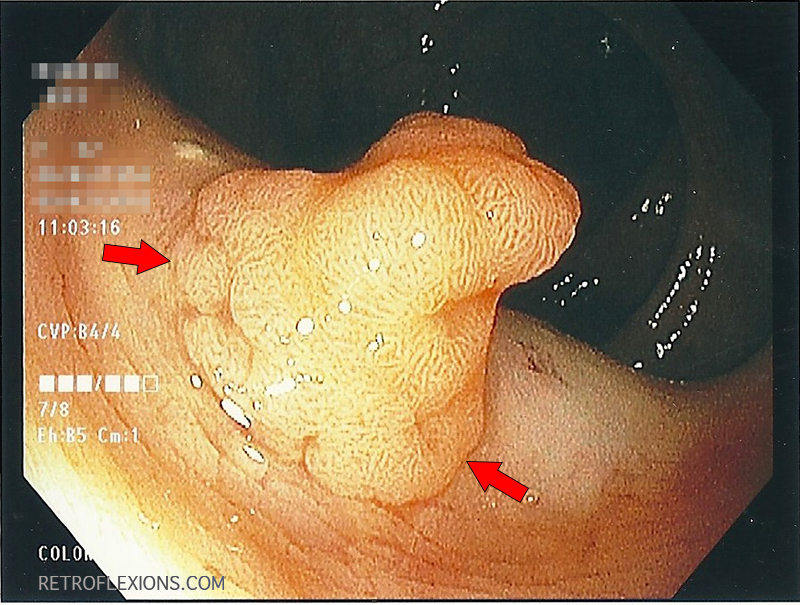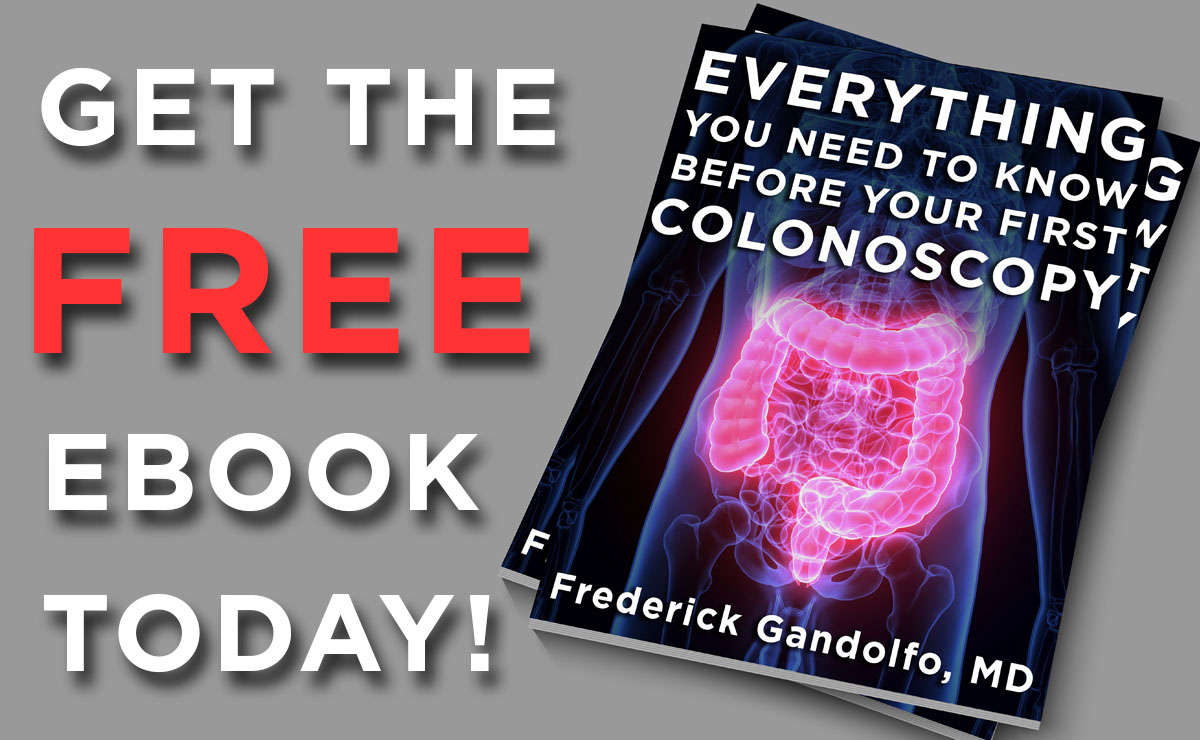Cologuard is a convenient, non-invasive, commercially-available screening test for colorectal cancer. The test is very easy for doctors to order and for patients to complete. There is no bowel prep necessary for this test, and no special diet to follow. The patient doesn’t even need to leave their house to complete the test! Sounds like a pretty good test so far…here’s how it’s done:
Once ordered, the company mails a kit to the patient’s house, and when the urge strikes, the patient places the collection device over the toilet and makes a deposit. There are a few simple preparation steps such as adding in a small amount of liquid that the company provides, and then the entire container is mailed back to the company in the provided packaging. The Cologuard test looks for certain DNA mutations and other abnormalities in the stool to determine if a test is positive or negative. A few weeks later the doctor gets a report indicating the result.
The study that determined the characteristics of the Cologuard test basically performed the test on almost 10,000 patients at average-risk of colon cancer, and then had the patients undergo colonoscopy as the gold-standard test. The results of the Cologuard test were not available to the patients or the endoscopist at the time of the colonoscopy. The major results of this study showed that the Cologuard test had an excellent sensitivity (92%) for detecting colorectal cancer. It was far less sensitive for picking up advanced adenomatous polyps (42%). Remember that sensitivity is the main thing we care about in a screening test: we want the test to miss none of the patients who have the disease. A perfect screening test would have a sensitivity of near 100%, meaning that if 10 people have the disease out of the 1000 people screened, all 10 people would get a “positive” test result.
Sensitivity isn’t everything however…we also want a test that gives a negative result when someone does not have the disease in question. Since a full review of statistics is both 1)boring, and 2)not the point of this article, I will cut right to the chase!
What does a positive Cologuard test mean?
First and foremost, a positive result on the Cologuard test means that you need to have a colonoscopy. Not a virtual colonoscopy, or another stool test, or another scan of some sort…you need a real optical colonoscopy. Only about 4% of people will have cancer found on colonoscopy. 51% will have a precancerous polyp. The rest (45%) will have nothing found on colonoscopy. So to simplify even further, just a little more than half of people with positive results will have something abnormal (cancer or a polyp) found on colonoscopy.
For tips on how to easily handle the bowel prep needed for a colonoscopy, watch my video below!
What does a negative Cologuard test mean?
A negative test means that there is a less than one-percent (0.06% to be exact) chance of having cancer found on colonoscopy. However, about 34% of people with negative tests still have precancerous polyps found on colonoscopy, with the remainder (66%) of people with negative Cologuard results having truly negative colonoscopies.
What is immediately apparent from these numbers is that Cologuard rarely misses cancer. However, if we count polyps as a significant finding, there are plenty of false-positive results (45%) and plenty of false-negatives too (34%). So is Cologuard a good test overall?
I would argue that it is a great test, with one important caveat: Cologuard is not a replacement for colonoscopy! Colonoscopy is still superior to Cologuard in detecting both cancer and polyps. However, as an alternative to colonoscopy for people who either can’t or won’t get a colonoscopy, Cologuard is an excellent choice. In terms of population-based screening, I think it will get a lot more people screened overall (people who would have otherwise not done anything for screening). When compared to not screening at all, Cologuard is a whole lot better than nothing!
References:
Imperiale TF, Ransohoff DF, Itzkowitz SH, et al. Multitarget stool DNA testing for colorectal-cancer screening. N Engl J Med 2014;370:1287-97.
Cologuard website: http://www.cologuardtest.com/current-patients/how-to-use


Mildred Bines
July 29, 2020 at 10:13 PM
Hi.. I am a Laboratory Scientist and have performed many diagnostic tests in my time. In any test it can be positive or negative if that is the way you want to receive the report, but in this manner you have no clue as to tell the patient what is wrong. ie glucose for instance if you said it is positive, did you mean that the value is 120 or was it 560. The same can be said for a negative result. Even in Urine Glucose levels you determine a concentration based on the intensity of the reaction based on a graph produces from many reactions of known levels.
Now on the cologuard you are supposed to have 2 tests, blood and DNA of a potential polyp or cancerous spot in your colon. Women most often have hemorrhoids if they have passed child birth age, so more than likely blood will be positive. The 2nd test is the present/absence of DNA, therefore, there should be a result of some type. If you can conclusively state that the DNA from person A matches 99.9% of person B, you should at least be able to give a minimal notation that the DNA is NOT PRESENT or that it matches 50 to 99.9% CONCLUSION OF A POSITIVE MATCH to a CANCEROUS OBSERVATION in the specimen submitted. Or the result should state NEGATIVE FOR DNA OBSERVATION. A patient is fearing the worst results when this test is performed anyway, and the results received are truly cruel and uncalled for additional stress. And then to have your PCP not knowing what the results mean, then call the company and get what seems to be a high school student letting you know that he knows nothing about the results, how it’s processed and can’t locate anyone in the building that knows what is going on is totally and completely ridiculous. I say take this test OFF the market. PS: I noted that I had hemorrhoids that may or may not bleed on this collection.
Frederick Gandolfo, MD
July 31, 2020 at 4:49 PM
While the test does result in a binary result (positive or negative) based on the findings of genetic material OR blood in the stool, does it really matter what caused the positive result? If there is only blood, would you not have a follow up diagnostic colonoscopy? Neither blood nor DNA is 100% sensitive for cancer, so by combining them into one value this increases the sensitivity of the test for finding cancer.
Hemorrhoids and cancer are not mutually exclusive, and plenty of patient attribute blood in the stool to hemorrhoids only to find out later that they have cancer.